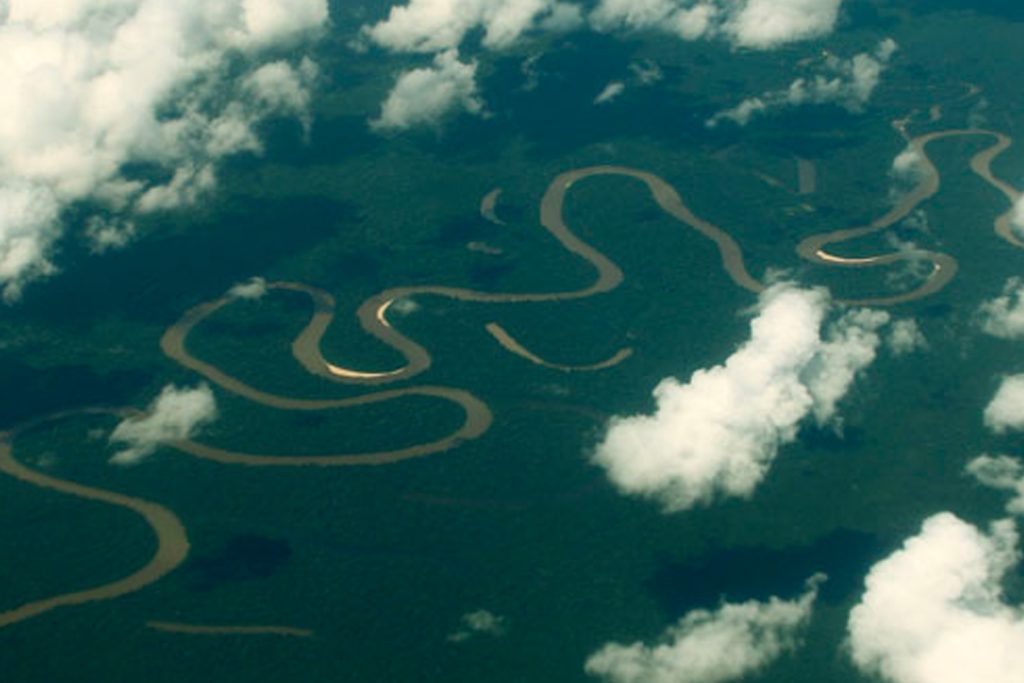Unprecedented fires are ravaging the Amazon, having a tragic impact on the Indigenous people, animals, and plants who live there, as well as contributing to climate chaos. In 2016, we were honoured to host the World Ayahuasca Conference in Rio Branco, Brazil, where we connected with so many local people and communities, and our hearts go out to them and all others in Brazil and Bolivia in this time of struggle.
We express our solidarity with organizations leading conservation and support efforts in the Amazonian region. ICEERS supports and will be participating in the global day of action for the Amazon on September 5.
How we can help to avoid the fires in the Amazon
Let’s support our brothers and sisters in the Amazon. Other ways to take action include supporting the following efforts:
~ Amazon Watch has launched a solidarity pledge and is accepting donations to support their efforts to protect the Amazon. https://amazonwatch.org/amazonfires
~ Amazon Frontlines has joined forces with Land is Life to raise funds for our indigenous allies in Brazil, the Indigenous Confederation of the Brazilian Amazon (COIAB). All funds raised will go to supporting frontlines brigades now fighting these fires and help them build political and technical capacity to protect the forest in the future.
~ Greenpeace is sharing information about the first and is circulating a petition to save the forest and to stand with the guardians of the forest. Donations support their work in Brazil: www.greenpeace.org
~ Survival International is working to advocate for indigenous peoples in Brazil. Donations support this grassroots work: https://www.survivalinternational.org
~ Benki Piyako Ashaninka, of the Ashaninka of Brazil has called for a daily meditation and prayer for rain at 11:11am daily (Acre time). Aniwa and the Boa Foundation are amplifying this message through social media: https://www.facebook.com/aniwacommunity
More detailed information about climatological impact of the fires: https://www.latimes.com/environment/story/2019-08-25/amazon-rainforest-fires-climate

